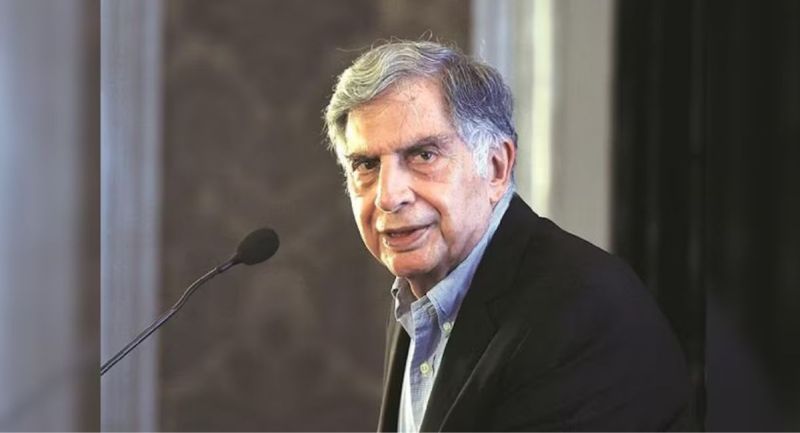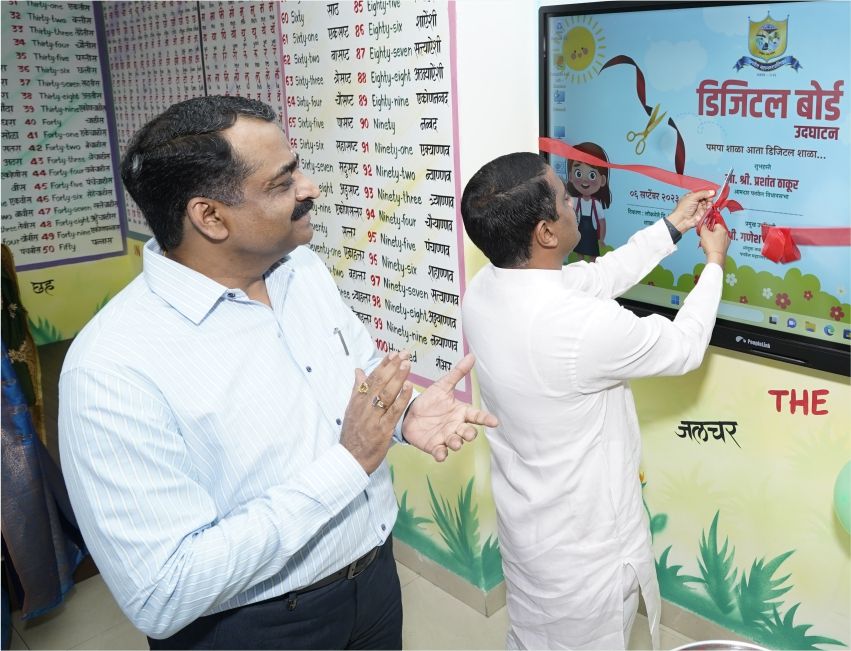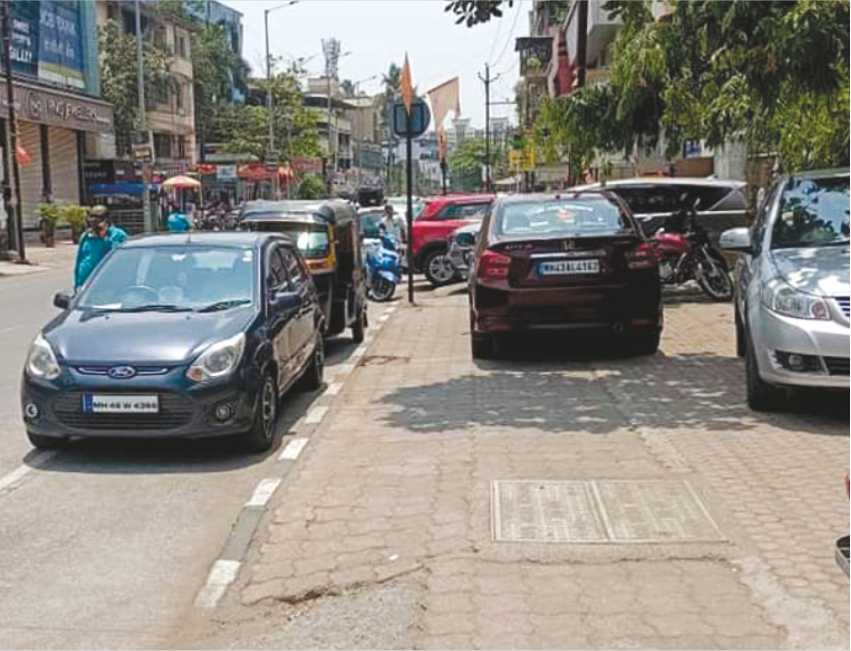A National loss: Remembering the legacy of Ratan Tata

- Newsband
- 10 Oct, 2024
India has lost one of its most iconic and beloved figures with the passing of Ratan Naval Tata at the age of 86. Chairman Emeritus of Tata Sons and a recipient of the Padma Vibhushan, Tata was not only a towering presence in the world of business but also a symbol of humility, philanthropy, and unwavering integrity. His passing marks the end of an era, one that transformed the Tata Group into a global powerhouse and redefined what it meant to lead with purpose and compassion.
Ratan Tata’s influence on Indian business and society cannot be overstated. Born into one of India’s most prominent families, Tata joined the Tata Group in 1961, starting humbly on the shop floor of Tata Steel. It was this hands-on experience that shaped his deep understanding of the business and his empathy for employees at all levels. His ascent to the role of Chairman of Tata Sons in 1991, succeeding the legendary J.R.D. Tata, was the beginning of a transformative period for the company and India itself.
Under Ratan Tata’s leadership, the Tata Group underwent a remarkable evolution. He spearheaded the group’s global expansion, acquiring international brands such as Tetley, Jaguar Land Rover, and Corus Steel. These acquisitions not only cemented Tata’s reputation as a global business leader but also showcased India’s capacity to compete on the world stage. His vision was clear: to transform Tata from a predominantly India-centric company into a global conglomerate. In doing so, he made the Tata name synonymous with quality, trust, and innovation worldwide.
Ratan Tata was more than just a business leader; he was a visionary. He believed in the potential of India and worked tirelessly to harness it. His emphasis on ethics and values set him apart in a corporate world often characterized by cutthroat competition. Tata’s leadership was rooted in a strong sense of responsibility to society. This is perhaps best exemplified by the Tata Group’s significant contributions to philanthropy through the Tata Trusts, which fund education, healthcare, and rural development projects across India. His personal dedication to these causes reflected his belief that business must serve a larger purpose than just profit.
Ratan Tata’s humility was legendary. Despite his immense success, he remained grounded and accessible. He was known for driving his own car, shunning the trappings of wealth, and living a life of simplicity. His warmth and kindness endeared him to everyone he encountered, from corporate executives to ordinary citizens. Tata was a man of few words, but when he spoke, his words carried weight. His speeches, filled with wisdom and humor, left a lasting impression on all who heard them.
In 2008, Ratan Tata received the Padma Vibhushan, India’s second-highest civilian honor, after being awarded the Padma Bhushan in 2000. These honors were a testament to his enormous contributions to Indian industry and society. Yet, his legacy extends far beyond the boardroom and the accolades. He will be remembered for his empathy, his unwavering commitment to ethical leadership, and his genuine desire to make the world a better place.
One of Ratan Tata’s most defining moments came during the 2008 Mumbai terrorist attacks. The Taj Mahal Palace Hotel, owned by the Tata Group, was one of the main targets of the attacks. In the aftermath, Tata visited survivors and the families of victims, offering both moral and financial support. His actions in those dark days exemplified his compassion and his deep sense of duty to others. For Tata, leadership was not about wielding power but about taking responsibility and standing with those in need.
Prime Minister Narendra Modi, in his tribute, captured the essence of Ratan Tata’s legacy, calling him a “visionary business leader, a compassionate soul, and an extraordinary human being.” Modi’s words reflect the sentiment of millions of Indians who have been touched by Tata’s work, whether through his business ventures, his philanthropy, or his personal kindness. Ratan Tata’s passing is not just a loss for the Tata Group or the business community but a national loss. His leadership, vision, and values have left an indelible mark on India and the world.
As we bid farewell to this remarkable man, it is clear that his legacy will live on. Ratan Tata’s life was one of purpose, passion, and profound generosity. He showed us that it is possible to succeed in business without compromising on ethics or humanity. His impact on India’s industrial landscape and his contribution to the betterment of society are unparalleled. In a world often driven by profit and power, Ratan Tata stood out as a beacon of integrity and humility.
India has lost a true titan, but Ratan Tata’s memory and values will continue to inspire. His legacy is not only one of business success but also of compassion, humility, and a deep commitment to making the world a better place. As we mourn his passing, we celebrate a life well-lived and a legacy that will endure for generations.




